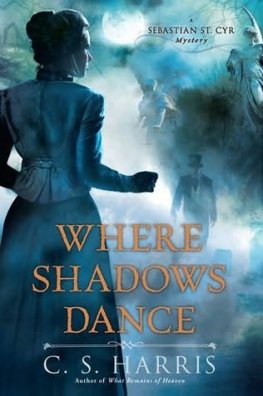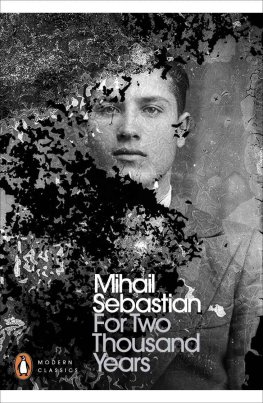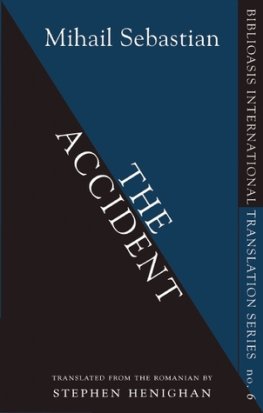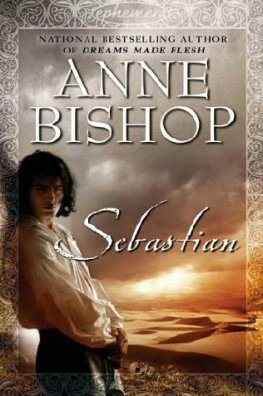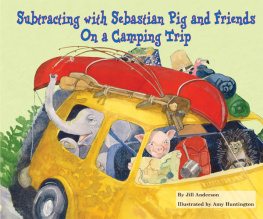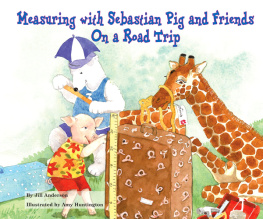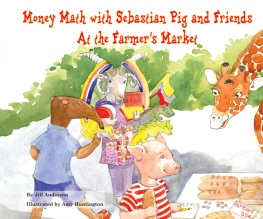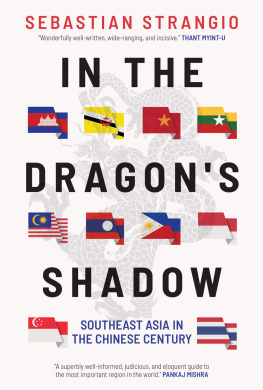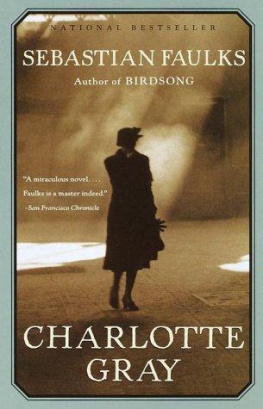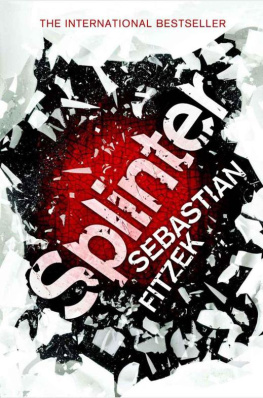C. S. Harris
Where Shadows Dance
To my mother,
Bernadine Wegmann Proctor,
1917-2010
The old tree groans to the blast; The falling branch resounds. The wind drives the clung thorn Along the sighing grass; He shakes amid the night. Dark, dusky, howling is night, Cloudy, windy, full of ghosts; The dead are abroad; my friends Receive me from the night.
from The Six Bards,James MacPherson, 17361796
Friday, 24 July 1812
A cool wind gusted up, rustling the branches of the trees overhead and bringing with it the unmistakable clatter of wooden wheels approaching over cobblestones. Standing just outside the open gate to the alley, Paul Gibson doused his lantern, his eyes straining as he peered into the fog-swirled darkness. Thick clouds bunched overhead, obscuring the moon and stars and promising more rain. He could see nothing but high, rough stone walls and a refuse-choked muddy lane curving away into the mist.
A dog barked somewhere in the night. In spite of himself, Gibson shivered. It was a dirty business, this. But until the government revised its laws on human dissection, anatomists like Gibson could either resign themselves to ignorance or meet the resurrection men in the darkest hours before dawn.
Paul Gibson was not fond of ignorance.
He was a slim, dark-haired man of medium height, Irish born and in his thirty-second year. Trained as a surgeon, hed honed his skills on the battlefields of Europe. But a French cannonball that shattered the lower part of one leg had left him with recurring pain and a weakness for the sweet relief to be found in poppies. Now he shared his knowledge of anatomy by teaching at hospitals like St. Thomass and St. Bartholomews, as well as working out of his small surgery here at the base of Tower Hill.
The dog barked again, followed this time by a mans low curse. A two-wheeled cart loomed out of the mist, the rawboned mule between the poles snorting and jibing at the bit when the driver drew up with a guttural, Whoa there, ye bloomin idiot. Where ye think yer goin? We got one more delivery t make before ye can head home t yer barn.
A tall, skeletally thin man in striped trousers and a natty coat jumped from the cart and tipped his top hat in a flourishing bow. As he straightened, a waft of gin underlaid with the sweet scent of decay carried on the wind. We got him fer ye, Doctor, said Jumpin Jack Cochran with a broad wink. Mind ye, hes not as fresh as I like me merchandise t be, but ye did say ye wanted this particular gentleman.
Gibson peered over the carts side at the bulky, man-sized burlap sack that lay within. Another name for the resurrection men was the sack-em-up boys. Youre certain youve got the right one?
Its him, all right. Cochran motioned at the sturdy lad who accompanied him. Grab the other end there, Ben.
Grunting softly, the two men slung the burlap-wrapped merchandise off the back of the cart. It landed heavily in the rank grass beside the gate.
Careful, said Gibson.
Cochran grinned, displaying long tobacco-stained teeth. I can guarantee he didnt feel a thing, Doctor.
Hefting the heavy sack between them, the two men carried the merchandise into the stone outbuilding at the base of Gibsons overgrown garden and heaved it up onto the granite slab table that stood in the center of the room. Working quickly, they peeled away the mud-encrusted sack to reveal the limp body of a young man, his dark hair fashionably cut, his hands soft and well manicured, as befitted a gentleman. His pale, naked flesh was liberally streaked with dirt, for the body snatchers had stripped off his shroud and grave clothes and stuffed them back into his coffin before refilling the tomb. There was no law against carting a dead body through the streets of London. But stealing a cadaver and its grave clothes could earn a man seven years in Botany Bay.
Sorry about the mud, said Cochran. Weve had a mite o rain today.
I understand. Thank you, gentlemen, said Gibson. Heres your twenty guineas.
It was the going price for an adult male; adult females generally went for fifteen, with children being sold by the foot. Cochran shook his head and hawked up a mouthful of phlegm he shot out the door. Nah. Make it eighteen. I got me professional pride, and hes not as fresh as I like em t be, even if he was kept on ice afore he was planted. But ye would have this one.
Gibson stared at the pallid, handsome face of the body lying on his dissection table. Its not often a healthy young man succumbs to a weak heart. This gentlemans body has much to teach us about diseases of the circulation system.
Weery interestin, Im sure, said Cochran, scooping up his muddy sack. Thank ye kindly fer the business, and a weery good night t ye, sir.
After the men had left, Gibson relit his lantern and hung it from the chain suspended above the table. The lantern swayed gently back and forth, the golden light playing over the pale flesh of the body below. In life, his name had been Alexander Ross. A well-formed gentleman in his mid-twenties, hed had long, leanly muscled arms and legs and a broad chest tapering to a slim waist and hips. He looked as if he should have been the epitome of health. Yet five days ago, his heart had stopped as he slept peacefully in his own bed.
The delicate dissection of the defective heart would need to wait until daylight. But Gibson set to work with a bowl of warm water and a cloth, sponging off the mud of the graveyard and casting a preliminary practiced eye over the corpse.
It was when he was washing the soil from the back of the mans neck that he found it: a short purple slit at the base of the skull. Frowning, Gibson reached for a probe and watched in horror as it slid in four inches, easily following the path previously cut through living flesh by a stiletto.
Taking a step back, he set aside the probe with a soft clatter, his teeth sinking into his lower lip as he brought his gaze back to the young mans alabaster face. Mother of God, he whispered. You didnt die of a defective heart. You were murdered.
The first rays of the rising sun caught the heavy mist off the river and turned it into shimmering wisps of gold and pink that hugged the wet rooftops and church spires of the city. Standing beside his bedroom window, Sebastian St. Cyr, Viscount Devlin, cradled a glass of brandy in one hand. Behind him lay the tangled, abandoned ruin of his bed. He had not slept.
He was a tall man, leanly built. Not yet thirty years of age, he had dark hair and strange yellow eyes with an unnatural ability to see clearly at great distances or at night, when reality was reduced for most men to vague shadows of gray. Now, as the world outside the window brightened, he brought the brandy to his lips only to hesitate and set it aside untasted.
There were times when memories of the past tormented his sleep and drove him from his bed, times when his dreams echoed with the crash of cannonballs and the screams of mangled men, when the cloying scent of death haunted him and would not go away. But not this night. This night, he was troubled more by the present than by the past. By a life-altering truth revealed too late and a future he did not want but was honor bound to seek.
He reached again for his brandy, only to pause as the sound of frantic knocking reverberated though the house. Jerking up the sash, he leaned out, the cool air of morning biting his bare flesh as he shouted down at the figure on the steps below, What the bloody hell do you want?
The mans head fell back, revealing familiar features. That you, Devlin?
Gibson? Sebastian was suddenly, painfully sober. Ill be right down.
Pausing only to throw on a pair of breeches and a silk dressing gown, he hurried downstairs. He found his majordomo, Morey, dressed in a paisley gown of astonishingly lurid reds and blues, and clutching a flickering candle that tipped dangerously as he worked at drawing back the bolts on the front door.

